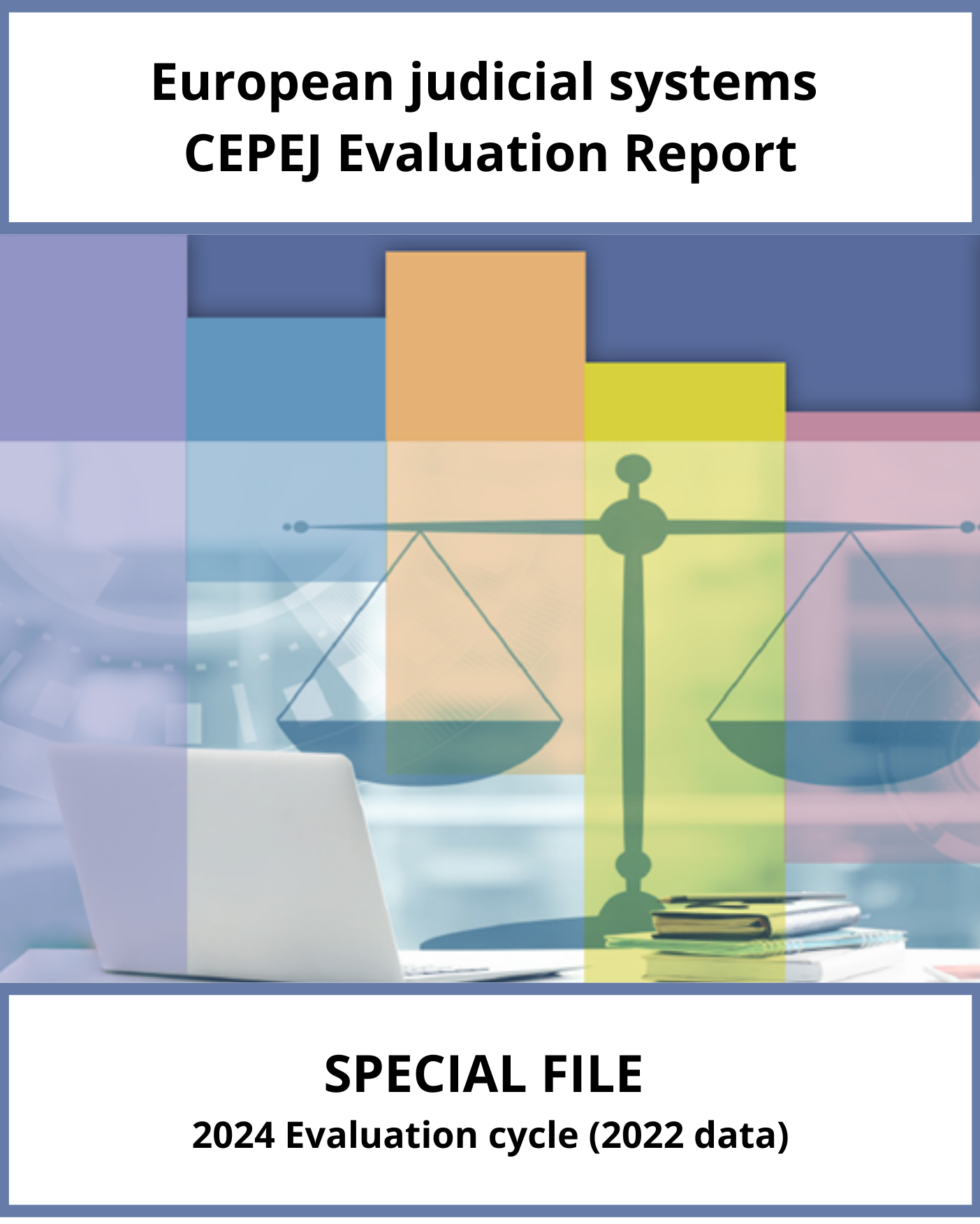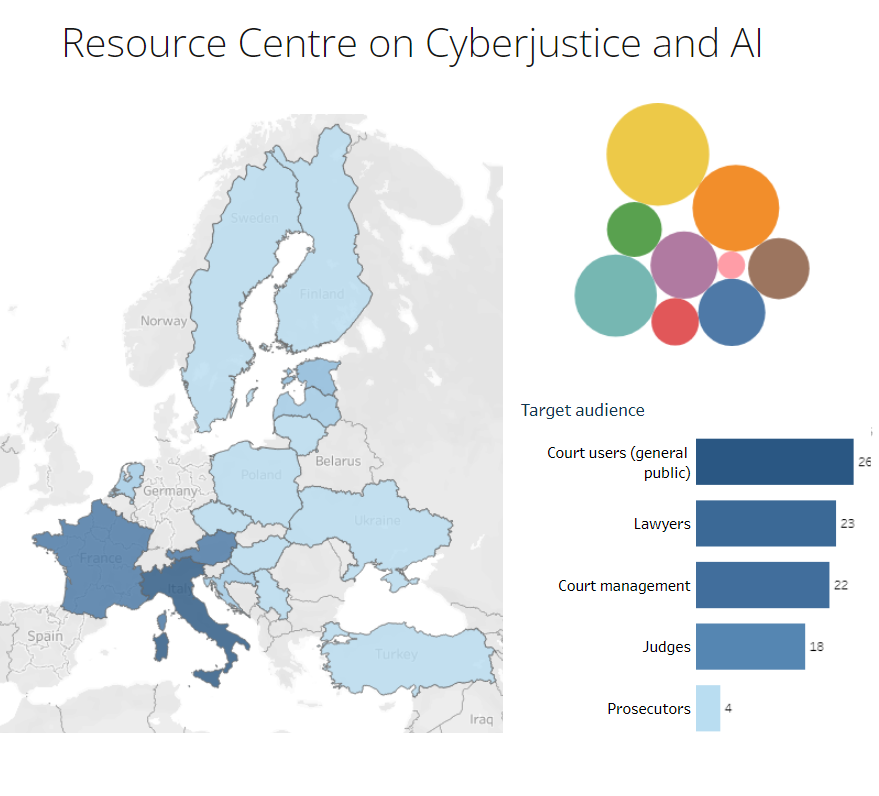This project is a joint Council of Europe and European Union project “Strengthening the access to justice in Latvia through fostering mediation and legal aid services, as well as support to the development of judicial policies and to increased quality of court management” funded by the European Commission’s Directorate-General for Structural Reform Support and the Council of Europe and implemented by the Council of Europe.
This project follows and builds upon the results of the cooperation project “Evaluation of the Latvian justice system”, conducted between March 2017 to April 2018, in which the performance of the Latvian judicial system was assessed, and recommendations were formulated as regards judicial efficiency and court management. The current Project aims at implementing some of these expert recommendations, according to the priorities of Latvian authorities, at developing the mediation and improving the legal aid system.
Project's objectives
- Improving the organisation and functioning of the judiciary
- Developing the use of mediation
- Supporting further development of the stateensured legal aid system
Expected results
Following the project’s successful implementation, the users of the court system of Latvia will experience improved judicial efficiency and court management, which will be achieved through defining and monitoring key performance indicators (KPIs), revising courts’ resources based on objective data regarding the caseflow, efficiency and quality, and introducing other modern court management techniques. The use of ICT tools in courts will be enhanced and the communication of the courts with institutional partners, court users, and the public will be improved.
In parallel, the mediation as an alternative to the usually more time-consuming and costly judicial dispute resolution, will become better understood and more attractive and, consequently, the recourse to it will increase. The awareness about the advantages and means of implementing mediation among justice professionals (including judges, court staff, and lawyers) will be broadened. The capacities of the network of mediators will be increased through training. The availability of mediation services will also be increased by piloting innovative approaches to offering mediation services and by assessing the ways in which ICT tools could allow expanding the use of Mediation.
The state-ensured legal aid system will also be developed further, made more accessible and relevant for the public – both as regards primary legal aid and secondary legal aid.
Main activities
- Expert reports on the promotion of justice sector reforms, their implementation, and the related communication policy;
- Guidance on the CEPEJ tools and methodology as regards the judicial statistics, KPIs, quality measurements, and their evaluation with a view to assessing courts’ performance and the impact of reforms;
- Expert recommendations on the provision of information and communication by the judiciary;
- Expertise on further development of ICT tools for courts and on the use of Artificial Intelligence (AI) in courts;
- Court coaching programme carried out in 2 pilot courts. Guidelines and training on advanced court and case management (for judges and court staff);
- Expert recommendations on increasing the recourse to mediation;
- Court mediation pilot with results analysed;
- Increased knowledge and awareness on mediation among various stakeholders and the public;
- Mapping of the current situation as regards the stateensured legal aid, with a focus on vulnerable groups, and recommendations for improvement;
- Pilot project to increase the accessibility and efficiency of legal aid is carried out. The results of the pilot project are assessed, and specific recommendations are provided based on lessons learned.
Project beneficiaries and stakeholders
The main partners of the project are the Ministry of Justice, the Court Administration and the Legal Aid Administration of Latvia. Other key stakeholders are the High Judicial Council and the Council of Certified Mediators.
Resources











